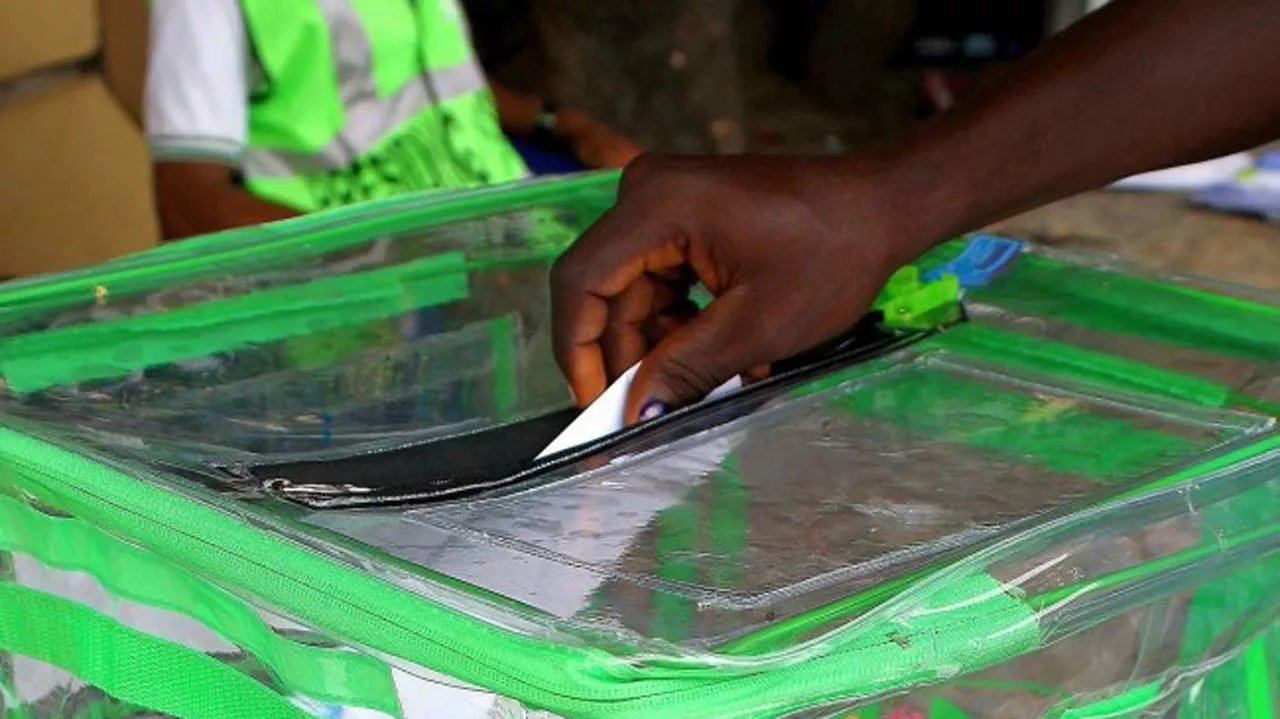The recent local government elections in Borno State, which saw the ruling All Progressives Congress (APC) party sweep all chairmanship and councillorship positions, is yet another worrisome demonstration of the lack of competitive democracy at the local level in Nigeria.
This follows a similar pattern in Ebonyi, Edo, Taraba, and many other states across the country, where the party in power at the state level has monopolised local election outcomes.
While the APC relies on its popularity and dominance in its states, the Peoples Democratic Party (PDP) does the same in its states. The result is that there is no meaningful democracy or choice for voters at the local government level.
Sadly, the State Electoral Commissions overseeing these polls have become entirely partisan and subordinate to the interests of incumbent governors. Opposition parties and candidates have no shot regardless of their campaigns and policies. This leads to complacency and a lack of accountability even within the ruling party, as candidates know they will win regardless.
Overall, the current system completely undermines the principles of federalism and political diversity that Nigeria adopted as a democracy. There is meant to be a separation of powers between the federal, state, and local tiers of government.
In the considered opinion of this newspaper, when a single party monopolises power at both the state and local levels, it concentrates enormous power in the hands of one interest group.
This allows governors to exercise authority over all the instruments of government throughout their states. It breeds corruption, rigging, and systemic manipulation of voters and resources.
Citizens are deprived of the right to choose candidates and parties that best represent their local interests. Development and public welfare inevitably suffer, as councillors and local leaders no longer feel accountable to their constituents.
Resources are diverted to serve the interests of the ruling party rather than citizens. Even members of the ruling party feel unable to speak up due to fear of retribution. This undermines the foundations of Nigeria’s democracy.
The lack of political competition and accountability at the local level has many tangible consequences. Infrastructure projects get neglected in areas that oppose the ruling party. Business licenses and contracts get awarded based on political loyalty rather than competence.
Public services like garbage collection, road repairs, and street lighting deteriorate. Party cronies get preferential access to jobs, loans, and land resources. Police harass and intimidate opposition parties during campaigns while ignoring abuses by the ruling party.
Election campaigns themselves become a sham ritual with no uncertainty of outcome. Voter apathy sets in as people realize their votes have no impact.
However, the worst impact is on governance itself. With no meaningful oversight or checks on their power, local officials have no incentive to solve public problems efficiently or transparently. Corruption and dysfunction take root.
Fortuitously, there are solutions that, if adopted, can lead to more competitive multiparty democracy at the local level.
We strongly suggest that local government elections should be overseen by the Independent National Electoral Commission (INEC) rather than State Electoral Commissions, which are easily manipulated.
Also, there must be stronger constitutional protections for the independence of local governments from state interference.
Funds allocated to local councils must go directly to them rather than through state coffers. Anti-corruption and transparency measures are needed to prevent misuse of public resources by ruling parties.
Needless to say, Nigeria needs a stronger, independent judiciary at all levels to overturn fraudulent elections and enhance accountability.
In our view, the INEC is better positioned to conduct free and fair elections by virtue of its national character and independent status. It cannot be intimidated or manipulated as easily by incumbent governors and parties.
Meanwhile, direct federal allocations to local councils would prevent governors from starving opposition councils of needed funds.
An impartial judiciary can overturn sham elections and give opposition parties recourse against abuses.
Moreover, competitive democracy does not mean that one party can never dominate. But when they do, it should be because voters make that genuine choice time and again.
The current monopoly of power at the local government levels is artificially imposed from above. It gives governors untrammeled power and cripples Nigeria’s federalism.
For our democracy to mature, power needs to change hands locally as it does nationally. The reforms outlined above can help bring balance, responsiveness, and accountability back to local governance across Nigeria.





